What are the Visegrad Group's prospects for further cooperation? - was the question examined at a panel discussion at the 32nd Karpacz Economic Forum, which was also attended by Hungarian Minister of Foreign Affairs and Trade Peter Szijjarto. And what else could have been the main focus of the discussion with Polish, Czech and Slovak experts than
whether or not the Visegrad cooperation can survive with Hungary having taken a partially different stance on the war in Ukraine.
Too early to bury
In his opening remark, Peter Szijjarto tried to highlight the positive aspects: cooperation with the Visegrad countries is always at the heart of Hungary's foreign policy and remains in focus, as it has been proven that the region can only be successful if the countries work together. He acknowledged that four sovereign countries (Czechia, Hungary, Poland and Slovakia) do not always agree but believed that the strength of the alliance lies precisely in being able to identify areas where they do. FM Szijjarto pointed out that the four countries together are a factor to count with: their economies would have a place among the G20, and their populations combined would be equal to that of France.
Cooperation between V4 countries will not only survive, but can also develop, in Peter Szijjarto's view.
The situation looked somewhat more gloomy for other partners. "There have indeed been achievements, but can we talk about strategic success in recent years? I don't think so. Of course, cooperation continues, but what about the political level? - Slovak foreign policy expert Tomas Strazay raised some questions, for example.
Burying the cooperation of the Visegrad Group has come up many times, but never actually happened. Certainly not in Slovakia, and I don't think that ending this cooperation is seriously considered anywhere,
said Michal Vasecka, also from Slovakia, in response, adding that just as in 1956 Hungarians defended the whole of Europe, the Ukrainians are doing the same now, and many people, in Slovakia, too, do not take this seriously enough.
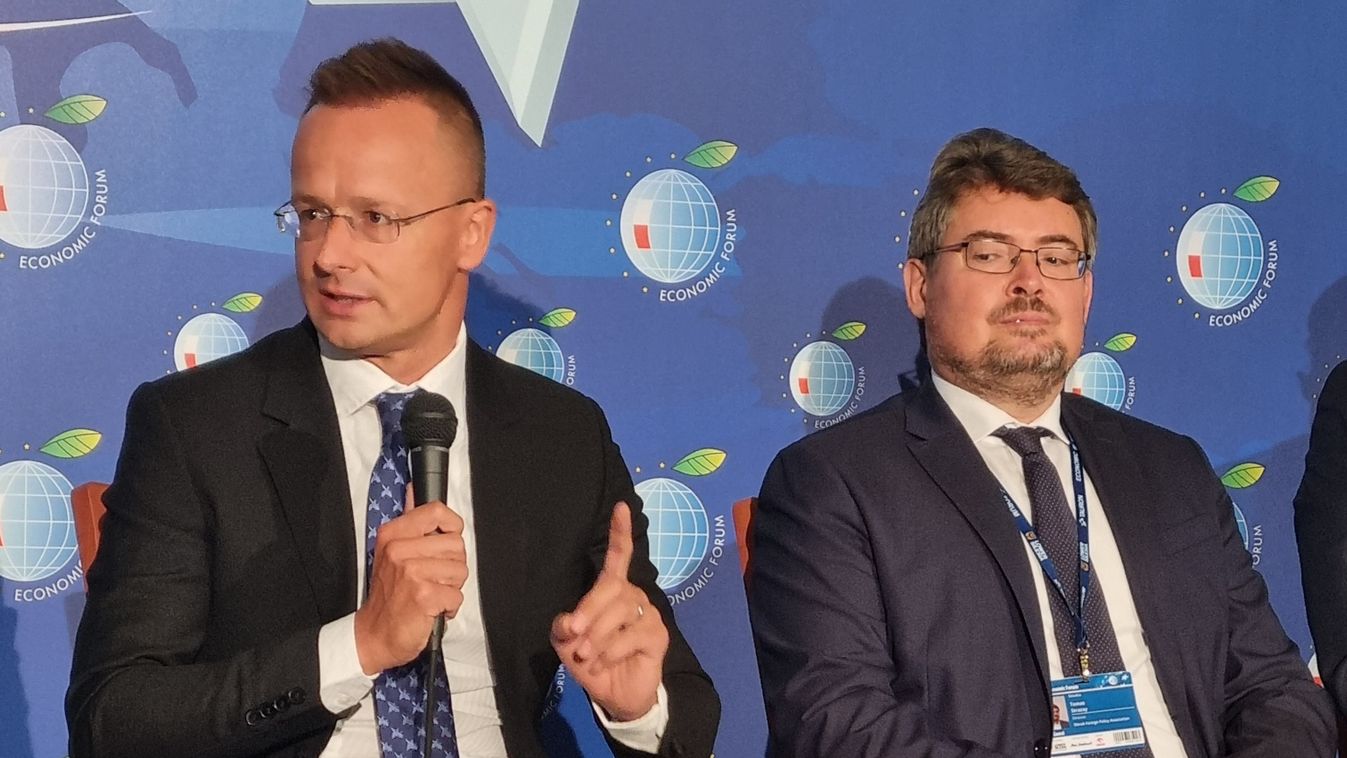
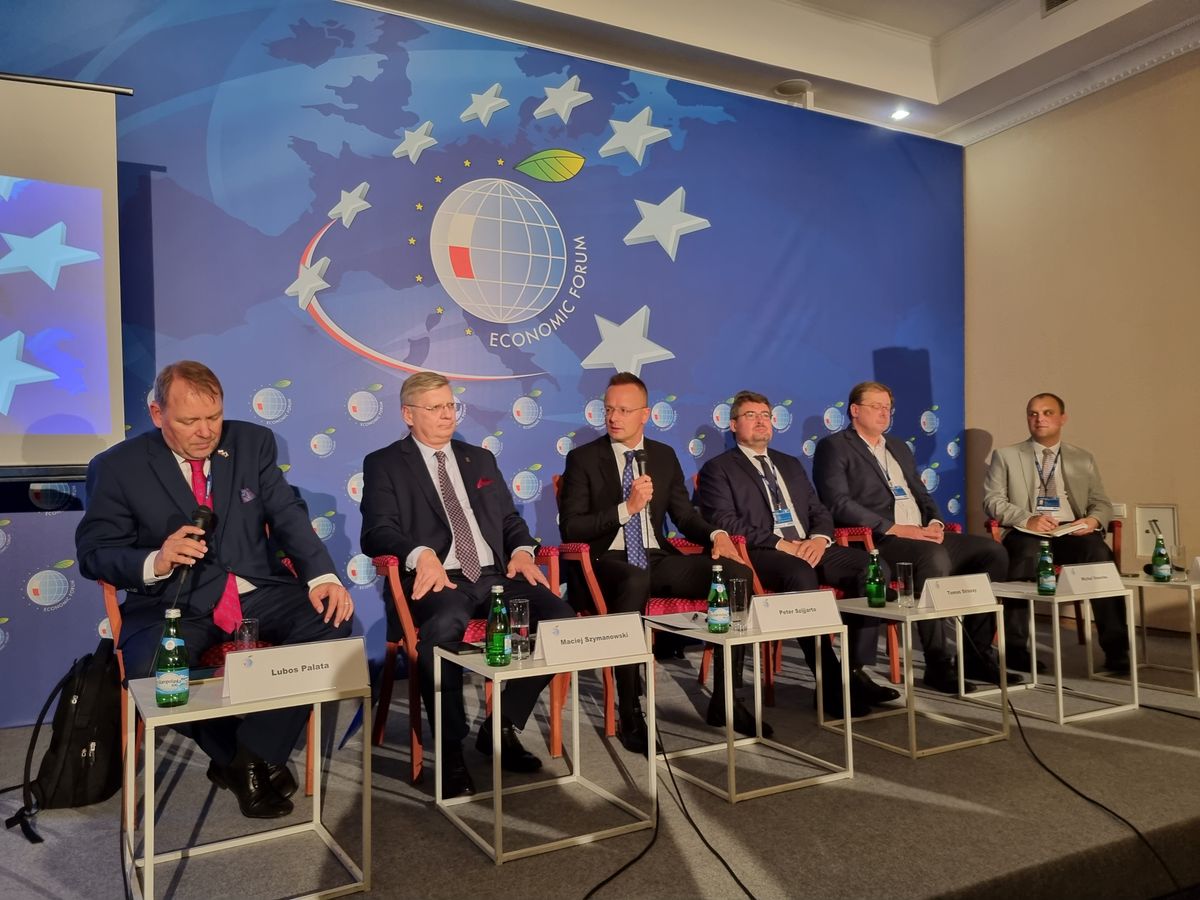
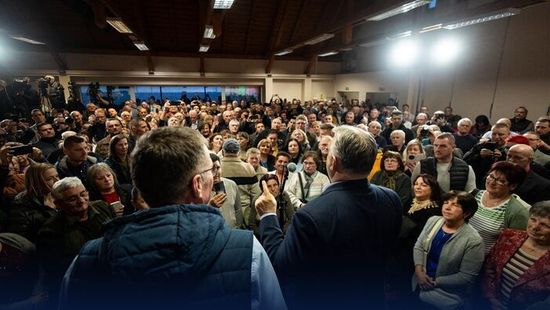
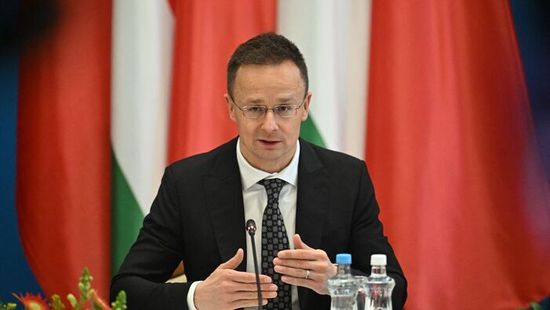
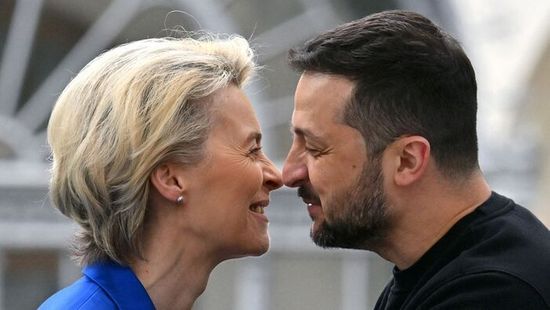
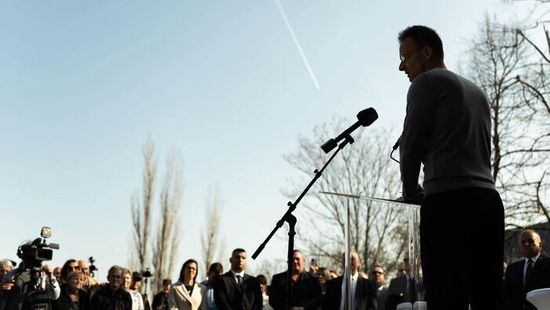

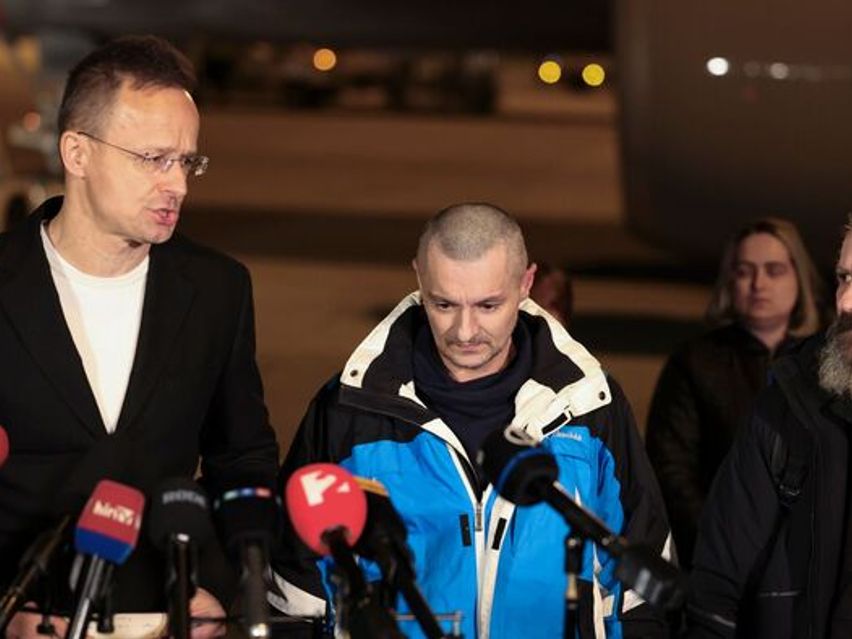
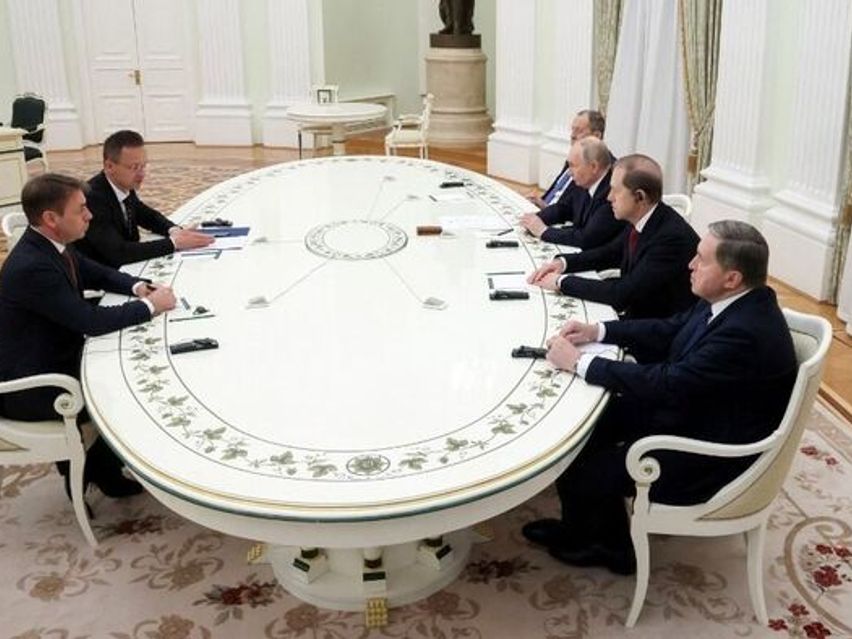
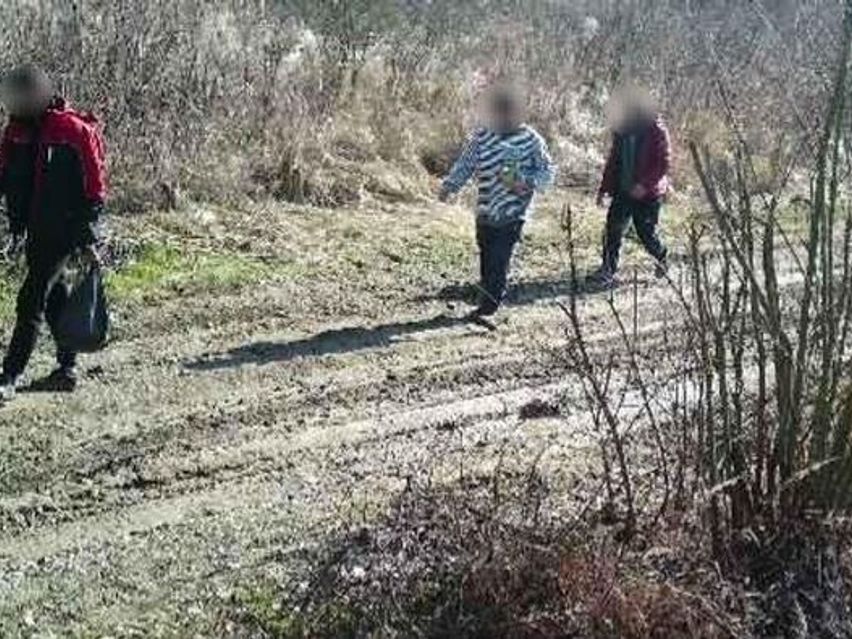
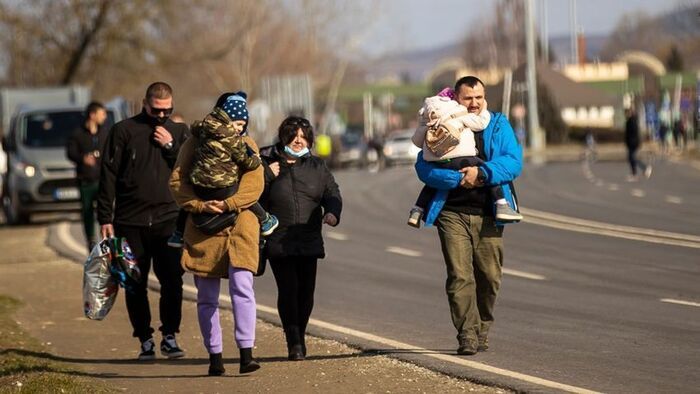

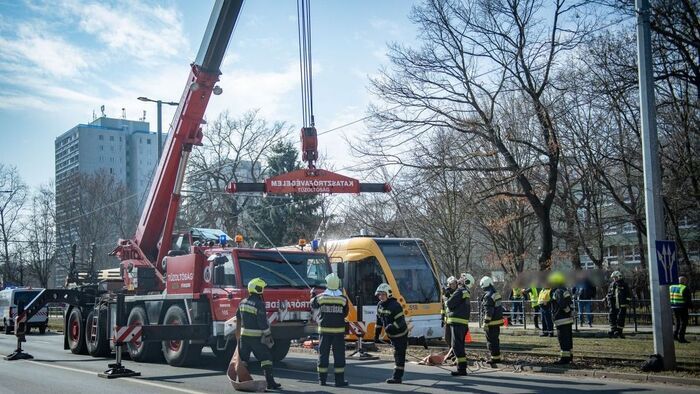

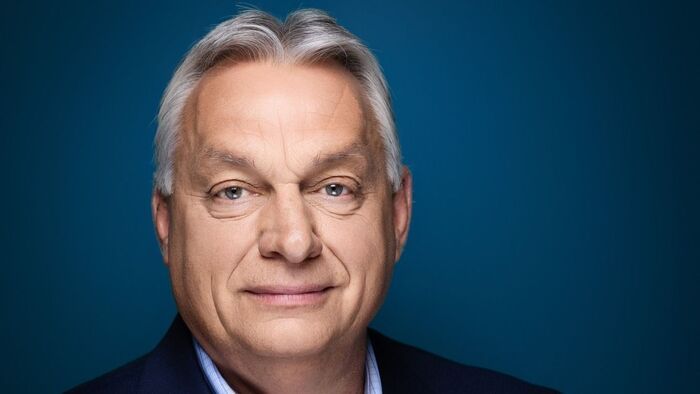
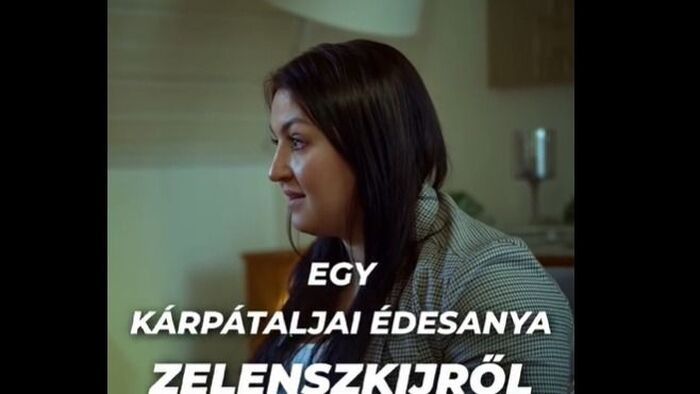
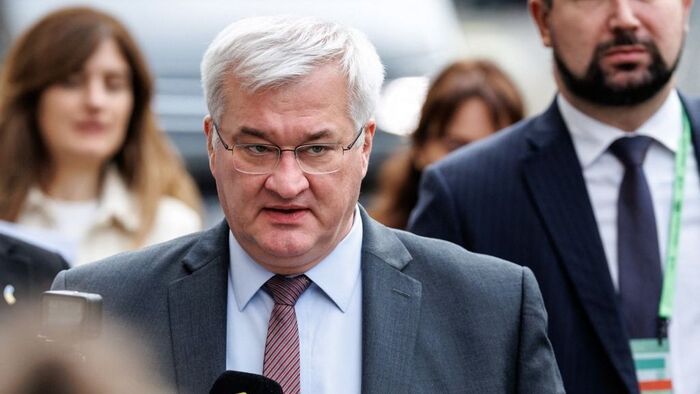
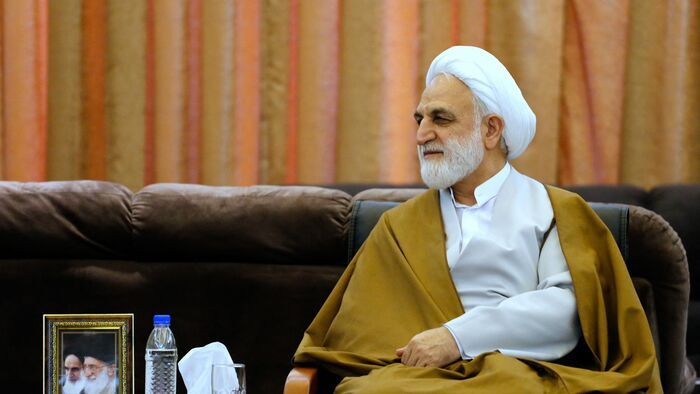
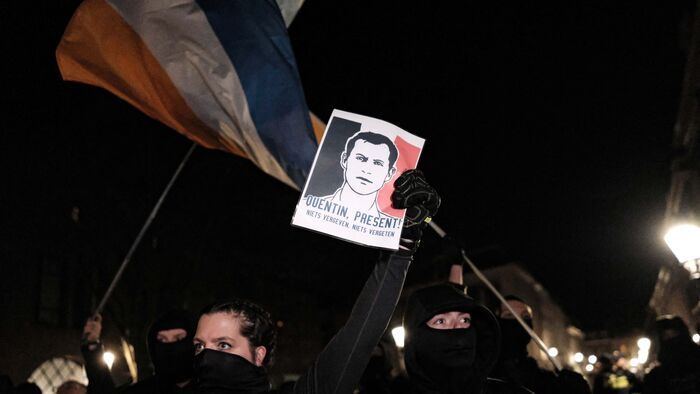

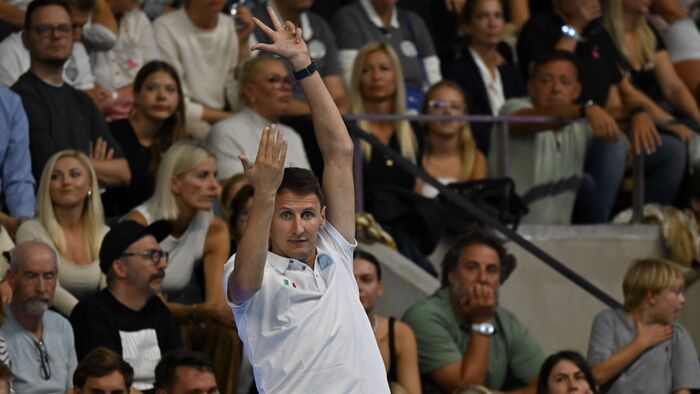



Szóljon hozzá!
Jelenleg csak a hozzászólások egy kis részét látja. Hozzászóláshoz és a további kommentek megtekintéséhez lépjen be, vagy regisztráljon!